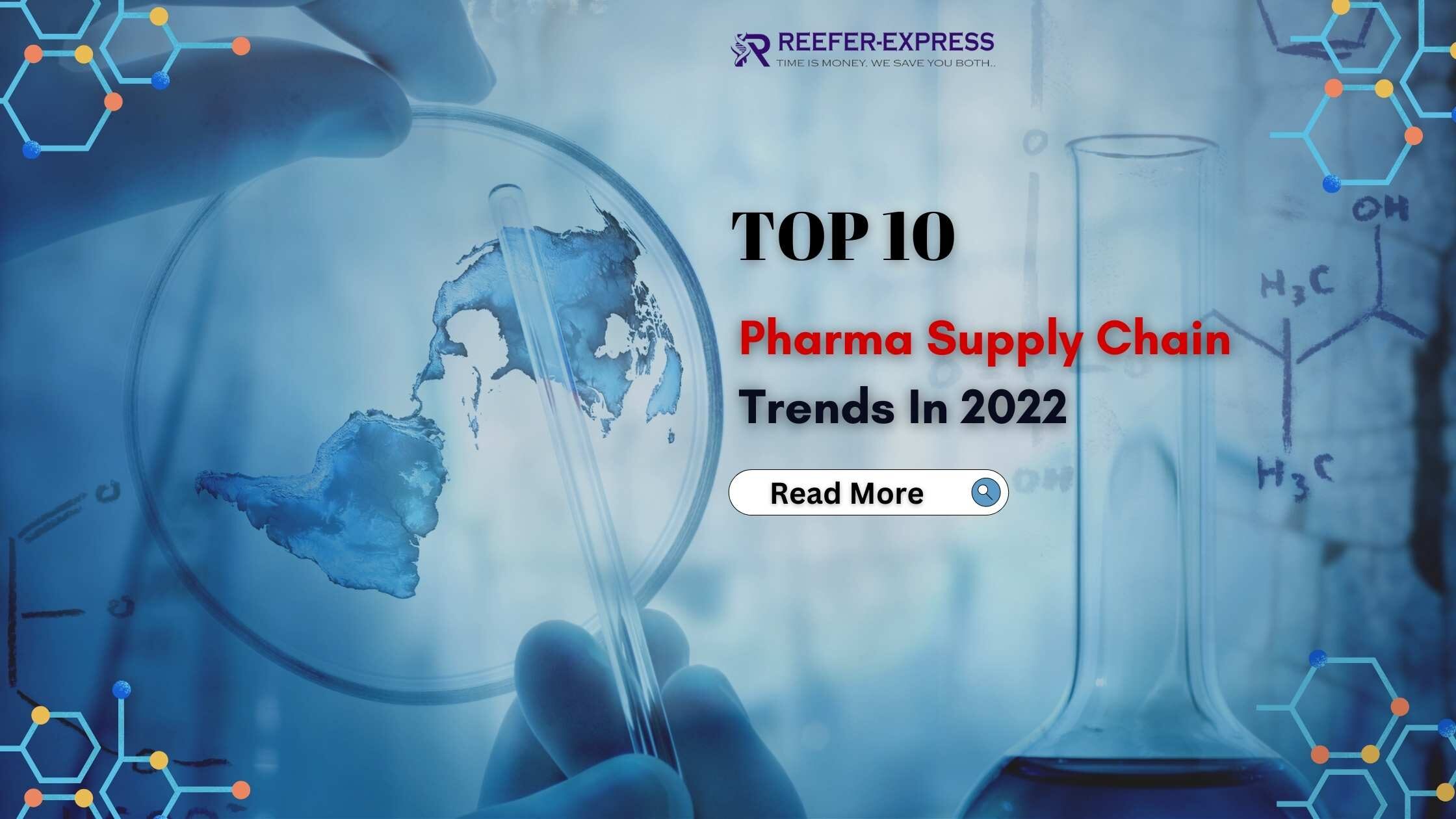The pharmaceutical industry has played a crucial role in preventing and treating Covid-19. However, it needs to balance its freedom of research with investments for both patients’ well-being as well as other stakeholders such as regulation from health systems or budget holders who are demanding transparency and value for money.
The pharma has been undergoing major changes in recent years such as e-commerce, digital health and 3D printing. With new technologies like digitized supply chain management solutions, the value and complexity of this ecosystem are increasing day by day which requires specific materials for certain operations along with temperature conditions that ensure safety during transportation as well visibility at all times.
Creating a sustainable future for pharmaceutical companies will require them to manage supply and demand more agilely through IoT, AI-powered systems, or even blockchain. This is necessary because of long-term sustainability challenges such as the need to respond to global health pandemics, an aging population and the rise of chronic conditions.
Here are 10 pharma supply chain trends that are expected to shape the industry in 2022 and beyond:
1. Increased focus on sustainability
2. Greater use of technology for transparency and collaboration
3. More personalized and patient-centric medicines
4. The rise of biosimilars
5. Greater use of data analytics
6. Omni-channel distribution
7. The continued fight against counterfeit drugs
8. Packaging Automation
9. The importance of patient engagement
10. New frontiers in pharma logistics
1. Sustainability:
With environmental impact being so vital to the pharma industry, it is important that we take this into account when making decisions. The production process for prescription drugs can result in 50% more greenhouse gases than those made by cars!
In the pharma industry, sustainability is not just about being “green.” It’s about having a long-term view of business success that includes environmental, social and governance (ESG) factors. To be sustainable, pharma companies need to focus on reducing their carbon footprint, waste and water consumption. They also need to address social issues such as access to healthcare and patients’ rights. And they need to ensure good governance by being transparent about their operations and complying with regulations.
2. Technology:
The pharma industry is becoming more and more reliant on technology for transparency and collaboration. Pharma companies are using cloud-based software to manage their supply chains and track their products from raw materials to finished medicines. They’re also using blockchain to create a secure, tamper-proof record of transactions. And they’re using RFID tags and sensors to track products throughout the supply chain.
3. Personalized and patient-centric medicines:
The pharma industry is moving away from mass-produced medicines and towards personalized and patient-centric medicines. This shift is being driven by the rise of precision medicine, which is tailored to the individual patient’s genetic makeup. Precision medicine is already having a major impact on the treatment of cancer and other diseases.
4. The rise of biosimilars:
Biosimilars are generic versions of biologic drugs, which are made from living cells. They’re cheaper than biologics and offer an alternative for patients who can’t afford the high cost of biologics. Biosimilars are already being used to treat cancer and other diseases, and their use is expected to grow in the coming years.
5. Greater use of data analytics:
Pharma companies are using data analytics to gain insights into their operations and make better decisions about product development, pricing and marketing. Data analytics is also being used to identify and track counterfeit drugs.
6. Omni-channel distribution:
The pharma industry is shifting away from a traditional linear supply chain and towards an omnichannel model, which includes online and offline channels. This shift is being driven by the need to reach patients where they are, whether that’s at the doctor’s office, at the pharmacy or online.
7. The continued fight against counterfeit drugs:
Counterfeit drugs are a major problem in the pharma industry, and companies are working hard to combat them. One way they’re doing this is by using blockchain to track products throughout the supply chain and ensure that only genuine products reach patients.
8. Packaging Automation:
Pharma companies are under pressure to get their products to market faster. This is being driven by the need to respond quickly to new health threats, such as pandemics and epidemics. Packaging automation is one-way pharma companies are meeting this challenge. By automating the packaging process, pharma companies can reduce the time it takes to get their products to market.
9. The importance of patient engagement:
Pharma companies are increasingly focused on engaging with patients. This includes providing educational materials about their products, developing patient assistance programs and working with patient advocacy groups.
10. New frontiers in pharma logistics:
The pharma industry is exploring new ways to improve the efficiency of its supply chain. This includes using drones and robots for last-mile delivery, as well as using 3D printing to create custom medicines.
Conclusion
The pharma industry is facing a number of challenges, including the need to address social issues, the reliance on technology, the move towards personalized and patient-centric medicines, and the fight against counterfeit drugs. However, pharma companies are meeting these challenges head-on and are innovating in order to better serve their customers and patients.
Pharma supply chain Solution by Reefer Express
Reefer Express is a leading provider of pharma logistics solutions. We offer a complete suite of services, from cold chain management to last-mile delivery. We also offer a wide range of value-added services, such as packaging and labeling, to help pharma companies get their products to market faster. Contact us today to learn more about our pharma logistics solutions.






